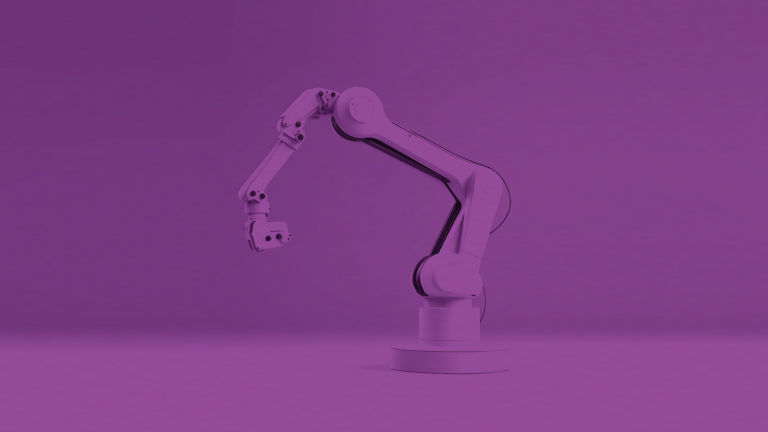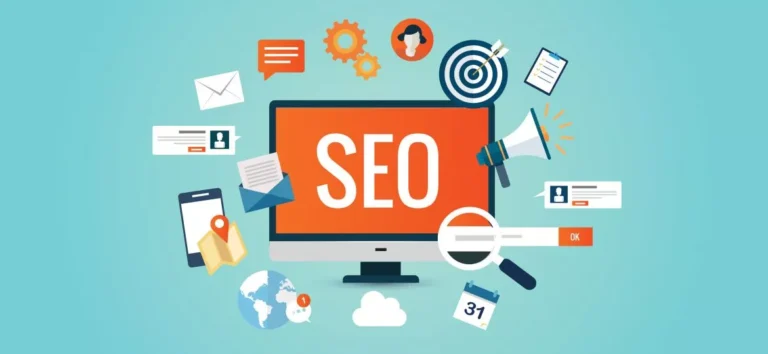The Future of Procurement: AI-Powered Sourcing and Optimization
Driven by the need to rapidly adapt to the demanding business environment, procurement is moving out from its traditional functions of a mere back-office routine to become a strategic function that directly adds business value and drives business innovation. Quite literally leading the charge in this transformation is the way artificial intelligence (AI) can be integrated into procurement processes to fundamentally transform how organizations source, purchase and handle their supply chain. This technology evolution isn’t just an update, it’s total reinvention of what is possible for procurement operations.
Digital Procurement: Current Status
Despite a number of processes that are traditional to procurement, these processes have long been inefficient, where manual interventions have always affected the administration, as well as poor visibility into supplier networks. But data is often fragmented, processes inconsistent or confusing, and it’s difficult to make data driven decisions quickly. But the technological ascent of sophisticated procurement platform has shifted the tide of these challenges by providing centralized solutions combining automation, analytics, and AI.
More and more modern procurement professionals are taking advantage of digital solutions that facilitates decision making on complex sourcing requirements and automates routine tasks, as well as predict insights. These platforms are becoming more complex, use more machine learning algorithms, which can look at mountains of data to find patterns, predict trends in the market and do sourcing optimization.
AI Powered Procurement Solutions: The Rise
Procurement is now being transformed by artificial intelligence in ways previously unimagined. Today, advanced AI algorithms are good enough at analyzing historical purchasing data, market conditions, supplier performance metrics and other things to make intelligent sourcing recommendations. This goes far beyond simple automation – into the realm of predictive analytics and prescriptive decision making.
One of the main parts of this evolution is the sourcing optimizer: a highly advanced tool that explores several scenarios and constraints with the help of AI at once. The optimal strategy for sourcing is suggested by these optimizers, which can process these complex requirements including price, quality, delivery times, supplier reliability, and sustainability metrics. Accordingly, gaining traction will take procurement teams weeks, whereas they can perform in seconds what would otherwise take them to deal with manually.
Benefits of AI Procurement
Integration of AI into procurement processes delivers many benefits to the organization’s bottom line. The most remarkable reduction in procurement costs is the first. Human analysts cannot identify opportunities for cost saving that may be invisible, like volume discount optimization or strategic supplier consolidation, which AI powered systems can pick up and optimize.
There is another great benefit: efficiency gains. Using automated processes frees procurement professionals to do activities that drive the bottom line for the business. With AI systems for purchase order processing, invoice matching and basic supplier communication, human resources can be freed for relationship building and strategic planning.
AI driven procurement platforms greatly improve risk management. With these systems you can continuously monitor supplier performance, market conditions, and potential disruptions and get working, early warning signals to proactively mitigate the risks. By doing so, machine learning algorithms can detect patterns that could be indications of future supplier issues well before they reach critical problem status.
Data Analytics in the Modern Procurement
The data analytics is the backbone of any AI powered procurement solutions. Modern procurement platforms gather and analyze a massive amount of data from different sources for instance purchase orders, contract, a supplier metric score, market intelligence, and economic indicator. It then processes this data to create actionable insights to enable better decisions to be made.
With the advanced analytics capabilities, procurement teams have advanced analytics capabilities to perform sophisticated spend analysis to identify savings opportunities and optimize supplier relationships. An information system that supports analysis of structured and unstructured data provides a better picture of procurement operations and opportunities for improvement.
AI for Sustainable Procurement
As things are, the consideration of sustainability is a crucial part of a procurement decision and AI is playing an important part in this field. AI based procurement platforms are good at tracking performance metrics such as sustainability, carbon footprint, compliance with environmental regulations. This allows the organizations to makes the environmentally conscious sourcing decisions at the same time keeping efficiency at these levels.
Using machine learning algorithms companies can assess suppliers on their sustainability practices and align companies’ procurement strategies with its environmental, social and governance (ESG) goals. Increasingly, customers and other stakeholders are demanding greater corporate responsibility to supply chain management, and this capability is becoming an increasingly important aspect of a corporate strategy.
Procurement Technology: The Future
The future of procurement technology looks even brighter looking ahead. Procurement operations will be further transformed by their role in emerging technologies such as blockchain, Internet of things (IoT) and advanced AI. As we see more complex constrains and scenarios, we should expect more sophisticated sourcing optimizers that will give us exactly more precise recommendations for procurement decisions.
With the addition of natural language processing (NLP), customers will be able to interact in a more natural and intuitive fashion with procurement platforms, allowing users of all technical sophistication to harness the power of such systems. AI enabled virtual assistants will aid in virtual procurement and will be a common feature that supports those deciphering complex sourcing decisions, as well as delivering real time market intelligence.
Challenges and Considerations
The benefits of using AI for AI powered procurement, however, are obvious, yet there are challenges to overcome when implementing the technology. Making AI systems work means clean, structured data and data quality still remain a big concern. To leverage the full power of AI in procurement organizations must invest in data management and integration powers.
Another major consideration includes management change. AI real estate acquisition platforms need to change how processes and minds are aligned. These new technologies require proper training and support of the procurement teams for the organizations to reap the maximum of these benefits.
Conclusion
Compared to traditional procurement processes, Procol has proven that AI can be the key to turning them into value drivers. Advanced sourcing optimization algorithms combined with user friendly interfaces make sophisticated procurement technology accessible to all organizations ranging from the small to the big. By taking an AI powered approach in their procurement, Procol has showed many businesses how to save substantial amounts of costs with better operational efficiency and a more effective form of supplier relation management.






